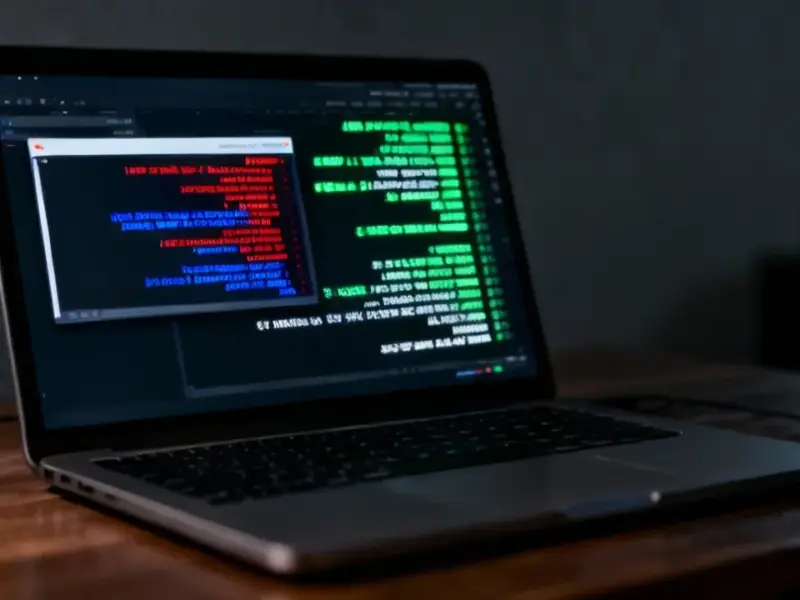According to Business Insider, OpenAI launched a public attack against The New York Times on Wednesday, accusing the publication of trying to invade user privacy by demanding 20 million ChatGPT logs. The company’s chief information security officer Dane Stuckey published a statement calling this a privacy invasion that breaks with security practices. What OpenAI didn’t mention is that federal Magistrate Judge Ona Wang already ruled against them on November 7, ordering them to produce the logs. The judge found OpenAI failed to explain why existing privacy protections weren’t adequate, especially since the logs would be reviewed under strict security protocols. This all stems from The New York Times’ 2023 copyright lawsuit against OpenAI and Microsoft, alleging their articles were used without permission to train AI models.
The Privacy Argument Falls Flat
Here’s the thing about OpenAI‘s privacy argument – it seems pretty weak when you look at the actual security measures already in place. Lawyers reviewing these logs have to use air-gapped computers in secured rooms without their phones. They need government IDs just to get in the door. And OpenAI has already committed to scrubbing personally identifiable information from the logs. So what’s the real concern here? The judge basically said exactly that – if the privacy protections are this robust, why fight so hard against producing evidence that’s clearly relevant to the copyright case?
This Is About More Than Privacy
Look, this isn’t really about user privacy at all. It’s about OpenAI not wanting anyone to see exactly how their users interact with ChatGPT when it comes to New York Times content. The Times wants to understand how often people are getting their copyrighted material spit back at them. And OpenAI really, really doesn’t want that evidence out there. I mean, think about it – if the logs show massive amounts of NYT content being reproduced, that’s pretty damning for their fair use defense. This public campaign feels like trying to win in the court of public opinion after losing in actual court.
Setting a Dangerous Precedent
The scary part for OpenAI is that this case could set a major precedent. The New York Times lawsuit is one of the most advanced copyright cases against AI companies right now. If they lose here, it opens the floodgates for every content creator who feels their work was used without permission. And let’s be real – that’s basically every content creator. The industrial-scale data collection that powered today’s AI models is coming back to haunt companies like OpenAI. They built incredible technology, but they might have built it on shaky legal ground. Now they’re fighting to keep the evidence hidden.
What Comes Next in This Fight
So where does this go from here? OpenAI filed a motion asking the judge to reconsider, arguing she used the wrong legal precedents. But judges don’t love being told they’re wrong, especially after they’ve already ruled. Meanwhile, The New York Times isn’t backing down – they’ve got a strong case and now a favorable ruling. This feels like OpenAI playing for time, hoping to delay the inevitable. But the clock is ticking, and the stakes keep getting higher. Every day this drags on, more evidence accumulates that could potentially sink their entire business model. Not exactly a great position to be in.




